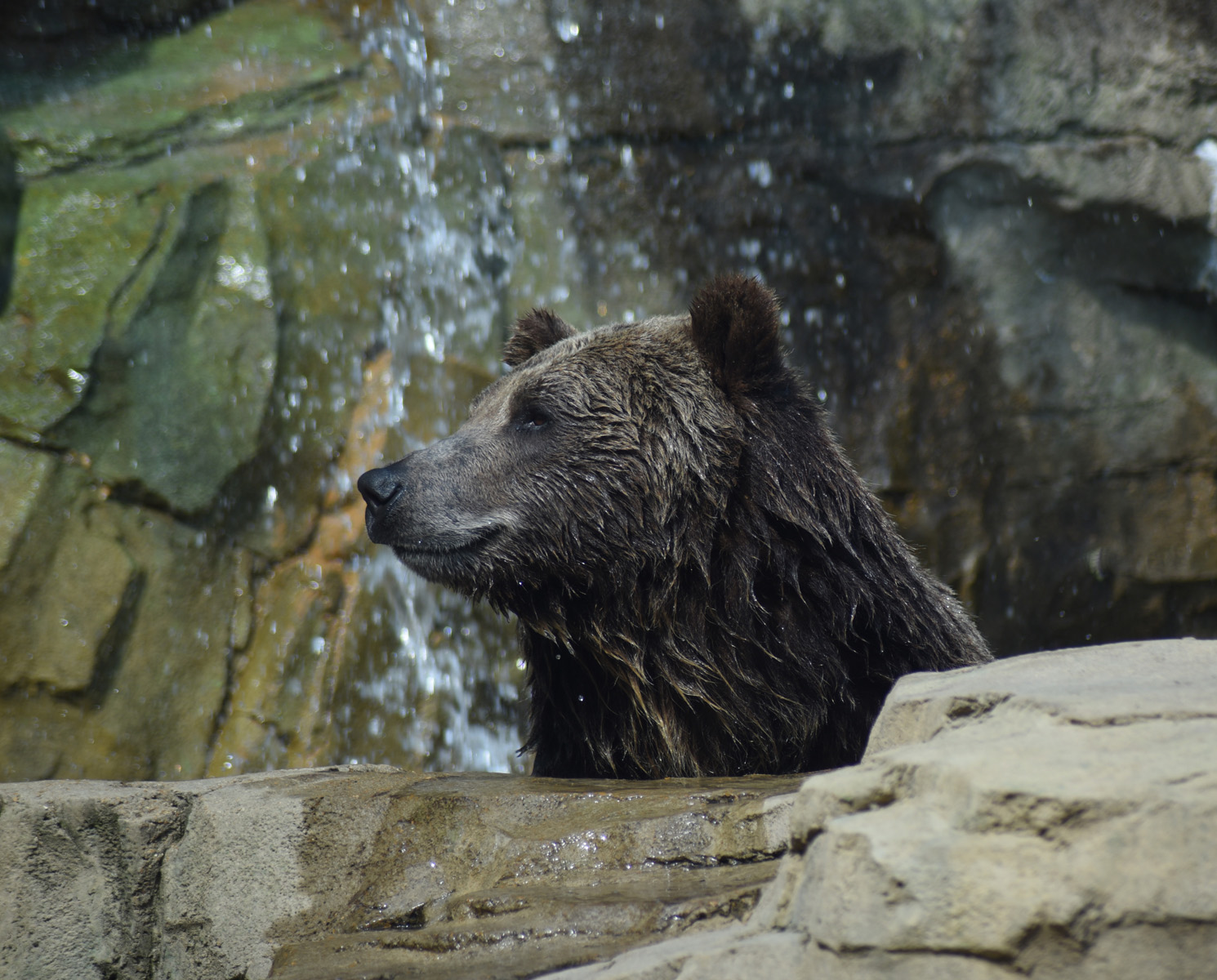 My grandmother, my mother’s mother, was known and addressed by all as Mama Carr. She had a hardscrabble life. She was born in the Ozark Mountains in 1897. She later moved with her family to Indian Territory around Tom Joad country near what is now Sallisaw, Oklahoma. Later she would share crop with my grandfather near Warner, Oklahoma in an area lovingly known as Ignorant Ridge.
My grandmother, my mother’s mother, was known and addressed by all as Mama Carr. She had a hardscrabble life. She was born in the Ozark Mountains in 1897. She later moved with her family to Indian Territory around Tom Joad country near what is now Sallisaw, Oklahoma. Later she would share crop with my grandfather near Warner, Oklahoma in an area lovingly known as Ignorant Ridge.
Along the way she had 11 children, 9 of whom made it to adulthood. Her only son died in WWII becoming a well publicized war hero with his final actions. All her daughters went on to live respectable lives. Mama Carr was charitable, almost to a fault, but she did not tolerate slackards or drunkards. She was a Pentecostal who for some reason never went to church, but she was a very religious woman. She was kind in any number of ways, but she also had a temper and a bit of a mean streak. My mother was deathly afraid of birds. My grandmother would occasionally let her parakeet out of the cage to fly around the house, laughing the whole time as my mother screamed in terror. Such are the contradictions that make up all humans. In so many ways she was bigger than life, and she is remembered as a force of nature.
We lived on the east coast and as often as possible would return in the summer for a long visit of several weeks. Many of our aunts would try to do the same thing with their broods. For most of my youth, my grandmother had a large 3 story house on the edge of Checotah, Oklahoma. In the summers, it seemed to be filled to the rim, overflowing with cousins and aunts and other assorted folks. Those Oklahoma summers seemed filled with exotic adventures, food and people.
My grandmother kept a cow for milk and butter, the excess of which she sold. The cow I remember best was Old Heart, a black and white Jersey. She always raised a calf off of Old Heart. This calf she fattened and it ended up in her freezer. She had a very large area fenced for chickens and they were plentiful. They provided meat, eggs, and again she sold the excess for much needed cash. She always also grew a large garden. What was not eaten fresh ended up canned or in the freezer. She was not a rich woman and thus qualified for commodities, the food stamps of the day. This provided many of the staples which would have otherwise needed buying. Food was not a problem, and no one went hungry around her.
As is the tradition in that part of the world, there was a huge repast after church time on Sundays. There were generally more than a few folks visiting, and all were fed. I remember that there were generally a couple types of meat, plenty of fresh rolls or biscuits, vegetables from the garden, fresh raw cow’s milk and butter, and, of course, desserts. A special treat to us from the east coast was fresh fried okra. Back then okra was not available in the northeast part of the country. I remember these as being wonderful meals full of delicious food and delightful company. It is a wonderful place to go back to in my memory and dwell on for a bit.
Everyone ate until they wanted no more, but the food was not put away. People would continue to nibble on it all afternoon. Because this was a more or less rural location with plenty of livestock and fowls around there was a bit of a fly problem in the house. This was definitely the days before air conditioning (or even swamp coolers) was common, and the screens provided only so much protection. To keep the flies off the food she would cover it all with several large dish towels which we called tea towels.
What happened next can only be attributed to the ignorance of the times. She would get the Black Flag pump sprayer down. She then would work herself systematically around the dining room table ensuring that no cubic meter of the room went untreated. This included spraying over the tea towel covered food. Insecticides in those days, including Black Flag, contained the now banned DDT.
So if you ever wonder if I am brain damaged, perhaps this is the solution to conundrum.

great story, great writing
wish I had known her